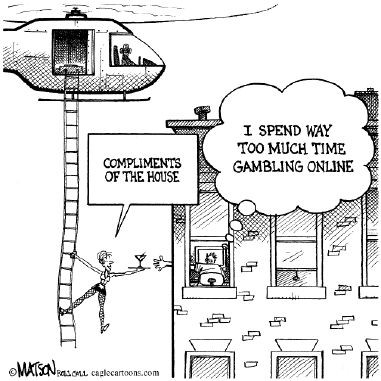Century Marks

Christian cover-up: A Presbyterian church in a small Wisconsin town hosted the funeral of a Jew because there was no synagogue in the area. The church agreed to drape a cloth over the cross in the sanctuary so as not to offend the Jewish mourners. Although this was a controversial decision within the congregation, Thomas E. Reynolds argues that it demonstrated genuine Christian hospitality. Avoiding the extremes of condescension on the one hand or complete acquiescence toward the stranger on the other, hospitality involves making space for the other so that the line between host and guest blurs. A role reversal follows: the host becomes dependent and vulnerable in relation to the guest. “Once the stranger is invited in, the host yields stability and control, adjusting the household to accommodate and attend to the unique needs of the guest as they become apparent” (Theology Today, July).
Church growth in China: Although China bans foreign missionaries and sometimes harasses and imprisons Christians, especially in rural areas, Christianity is booming in China, says columnist Nicholas D. Kristof (New York Times, June 25). By one estimate there are over 40 million Chinese Christians. The fastest-growing churches are underground ones that meet in homes. When Kristof visited one of those churches, he thought the service was over after two hours, but then the congregation broke into small groups and continued meeting for another two hours. This Christian growth poses a threat to the Communist Party, says Kristof, and is filling a void left by Maoism, which sought to wipe out the traditional religions. “One of the oddest legacies of the Communist dynasty may be that after 2,000 years Christianity gains a major foothold in China,” concludes Kristof.
Only sinners need apply: The physicist Stephen Weinberg once said: “Good people will do good things, and bad people will do bad things. But for good people to do bad things—that takes religion.” That’s true as far as it goes, responds physicist Freeman Dyson, but the fuller truth is that “for bad people to do good things—that takes religion.” Jesus made it quite clear that Christianity is a religion for sinners, not good people. And in a balance sheet on the good and evil done in the name of religion, Dyson argues that the good far outweighs the bad. “In many places in the United States, with widening gaps between rich and poor, churches and synagogues are almost the only institutions that bind people together into communities. . . . By all accounts the mosques in Islamic countries, and to some extent in America too, play a similar role in holding communities together and taking care of widows and orphans” (review of Daniel C. Dennett’s Breaking the Spell: Religion as a Natural Phenomenon in the New York Review of Books, June 22).
Lived sermon: In a tribute to William Sloane Coffin Jr., who died in April, Lewis H. Lapham recalls how the playwright Arthur Miller once said of Coffin that if you know him long enough you can almost become a Christian. “The sermon that was his life,” was the way James Carroll spoke of Coffin’s legacy in a eulogy at the memorial service. Lapham quotes freely from Coffin, a great creator of aphorisms: “Every nation makes decisions based on self-interest and then defends them in the name of morality.” “Even if you win the rat race, you’re still a rat.” “Love measures our stature: the more we love the bigger we are. There is no smaller package in all the world than that of a man all wrapped up in himself.” “Nationalism, at the expense of another nation, is just as wicked as racism at the expense of another race.” “Hell is truth seen too late” (Harper’s Magazine, July).
Red card for Barth: Finnish theologian Patrik Hagman has been conducting an online Systematic Theology World Cup in order to find the greatest theologian—living or dead—of the 20th century. The one-on-one matches have followed the timetable of the World Cup soccer tournament held in Germany. The winners in the playoff have been decided by the votes of visitors to the Web site (shrinkinguni.blogspot.com), who graded the theologians for influence, consistency and creativity. Making the finals were the German Protestant Jürgen Moltmann and the Swiss Catholic Hans Urs von Balthasar. Karl Barth, who some consider to be the greatest-ever Protestant theologian, got a red card, disqualifying him from the contest, for improper use of research assistants. Benedict XVI made it to the quarterfinals. All theologians reaching the final 16 were male, Hagman regretfully noted (Ecumenical News International).
Precious memories: When Abbott (Texas) Methodist Church shut its doors in May and merged with a larger congregation in a neighboring town, one of Abbott’s native sons came to the rescue: singer Willie Nelson bought the church. In a service to celebrate the preservation of the building, Nelson said that he and his sister Bobbie “have been going to this church since we were born” and that it will remain a community church. Nelson and other guests sang old favorites like “I’ll fly away,” “Will the circle be unbroken” and “Precious memories” (Associated Press).





